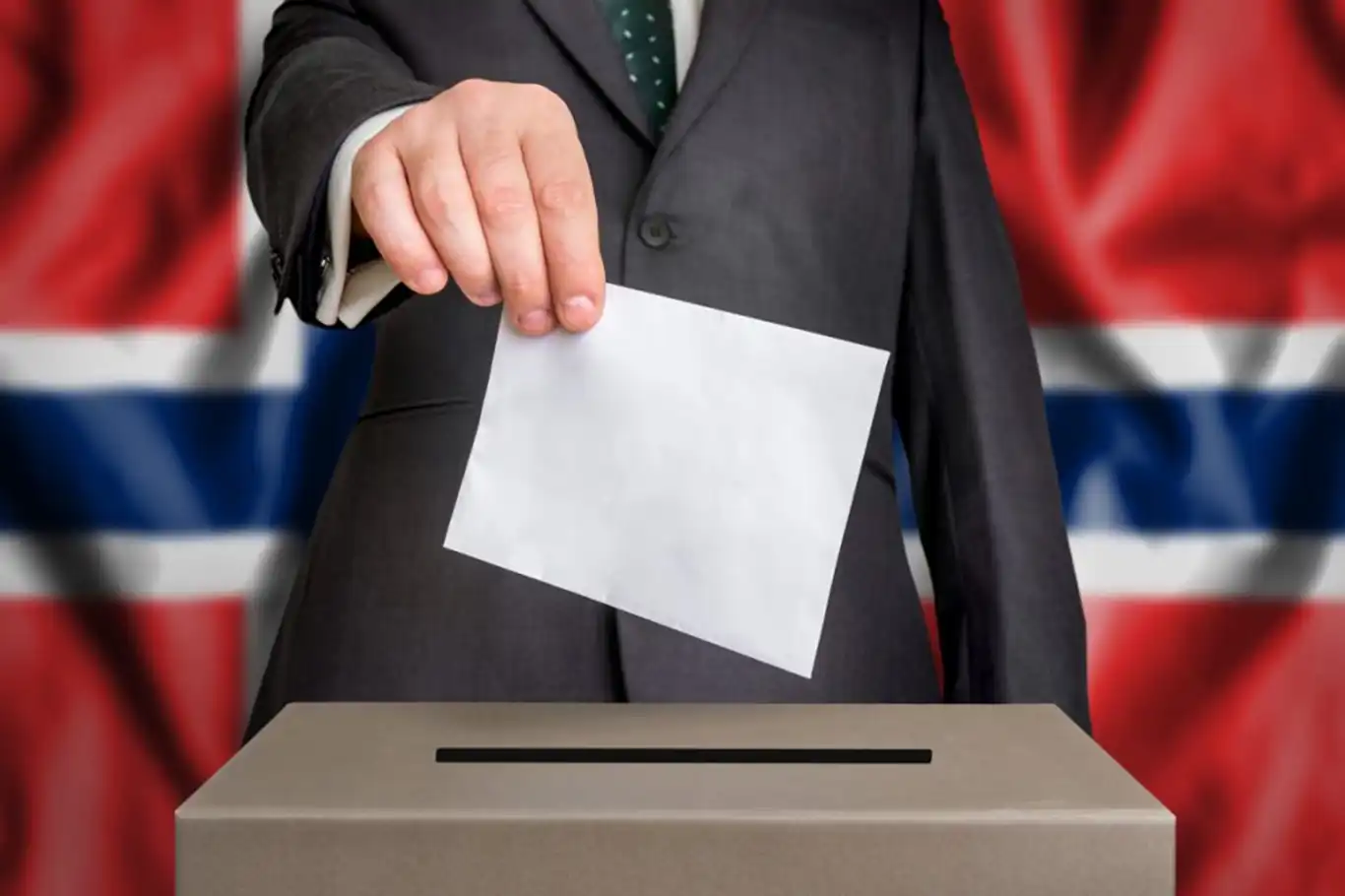Norwegians vote in high-stakes election as wealth tax debate dominates


Norwegians are casting their ballots in a tightly contested parliamentary election on Monday, with the fate of the nation’s century-old wealth tax at the heart of an increasingly polarized political battle.
The election pits Prime Minister Jonas Gahr Støre’s centre-left Labour Party against a right-wing coalition spearheaded by Sylvi Listhaug’s populist Progress Party. With questions of inequality, immigration, and the future of Norway’s vaunted welfare state dominating the campaign, the vote is expected to shape the country’s domestic and international trajectory for years to come.
At issue is the wealth tax, a levy of up to 1.1% on assets and shares exceeding 1.76 million Norwegian kroner (€150,000), which has helped sustain Norway’s generous social welfare model since 1892. Labour insists that abolishing the tax would strip 34 billion kroner (€2.8 billion) annually from public finances, undermining universal healthcare, education, and income support. “Without the wealth tax, the richest in Norway will pay almost nothing, leaving ordinary people to foot the bill,” warned Finance Minister Jens Stoltenberg, whose return to government earlier this year gave Labour a boost in the polls.
The Progress Party, however, argues the opposite. Listhaug insists the tax punishes entrepreneurs and stifles innovation. “This money could create businesses, jobs, and new ideas. Instead, it is drained by the state,” she said on the campaign trail, appealing strongly to younger voters through a savvy social media push. The Conservatives, led by former Prime Minister Erna Solberg, have taken a more cautious line, calling for targeted reductions rather than outright abolition.
Polls show Labour holding a slim lead with around 27% support, while the Progress Party has surged to 21%, setting it up to become the largest party on the right. No bloc is expected to win an outright majority in the 169-seat Storting, raising the likelihood of protracted coalition talks after results are announced on Tuesday.
Støre, who became premier in 2021, has struggled to maintain unity within the centre-left. Labour’s coalition with the Centre Party collapsed earlier this year over EU energy policy disputes, leaving his party in minority government. The Socialist Left, meanwhile, has pushed Labour to adopt a harder stance on international issues, including divesting from firms linked to Israel’s war in Gaza.
On the right, Listhaug’s Progress Party has reshaped the conservative bloc with its calls for stricter immigration controls, including zero net migration from what it labels “high-risk countries.” The rhetoric has alarmed immigrant communities, who make up over 11% of the electorate, with Muslim leaders accusing the party of scapegoating minorities. Conservatives remain split over whether Listhaug or Solberg should lead a new government if the right prevails.
The campaign has also touched on broader economic and geopolitical questions. Rising inflation, living costs, and debates over green subsidies have sharpened voter concerns, while Norway’s recognition of Palestine in 2024 and its sovereign wealth fund’s divestment from Israeli companies have highlighted the country’s global role.
With 4.3 million Norwegians eligible to vote—including 310,000 first-timers—the election is seen as a turning point for one of Europe’s wealthiest nations. Whether voters reaffirm Labour’s vision of a tax-funded welfare model or embrace the right’s push for liberalization and stricter immigration policies, Norway’s political future hangs in the balance. (ILKHA)
LEGAL WARNING: All rights of the published news, photos and videos are reserved by İlke Haber Ajansı Basın Yayın San. Trade A.Ş. Under no circumstances can all or part of the news, photos and videos be used without a written contract or subscription.
The Tunisian contingent of the Global Sumud Flotilla, a multinational civilian mission aiming to break Israel’s blockade of Gaza, announced on Sunday that its departure has been postponed by three days due to technical and logistical difficulties.
At least 87 Palestinians were martyred and 409 others injured in the Gaza Strip over the past 24 hours as the Israeli occupation intensified its brutal bombardment, according to local medical sources.
Hospitals across the Gaza Strip confirmed on Sunday that five more Palestinians, including three children, have died within the past 24 hours from famine and severe malnutrition, as the Israeli blockade continues to strangle the besieged territory.